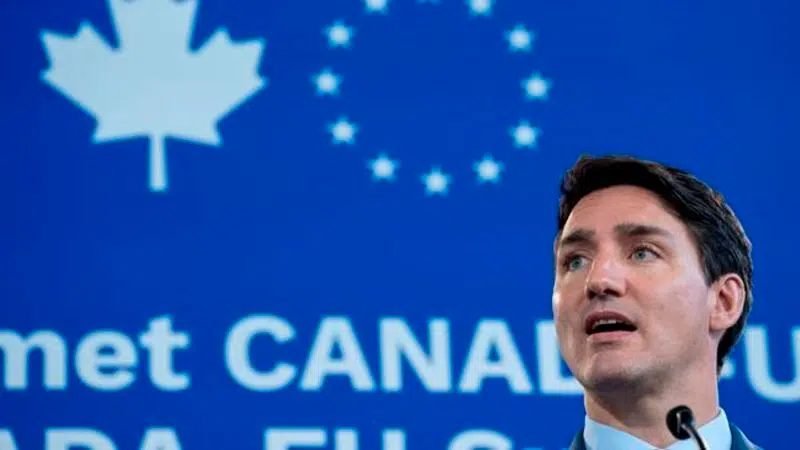
Firms know little about trade deals as Canada pushes to diversify: federal survey
OTTAWA — Prime Minister Justin Trudeau urged European partners this week to finalize Canada’s trade deal with the EU, a push that came with his government facing a tough sales job at home: getting domestic firms to use it.
A recent government survey suggests the vast majority of small and medium-sized exporters, which are positioned to benefit from the Comprehensive Economic and Trade Agreement, could very well be asking: CETA who?
The survey said only seven per cent of the surveyed businesses were familiar with details of the Canada-EU deal, while fewer than three quarters had even heard of it. Only nine per cent said they took advantage of CETA and 17 per cent planned to use it.
The survey, commissioned by the Foreign Affairs Department, asked questions of 507 exporting companies online in March and April, and also involved 40 “in-depth” telephone interviews. It was delivered in June and cost more than $132,000.


